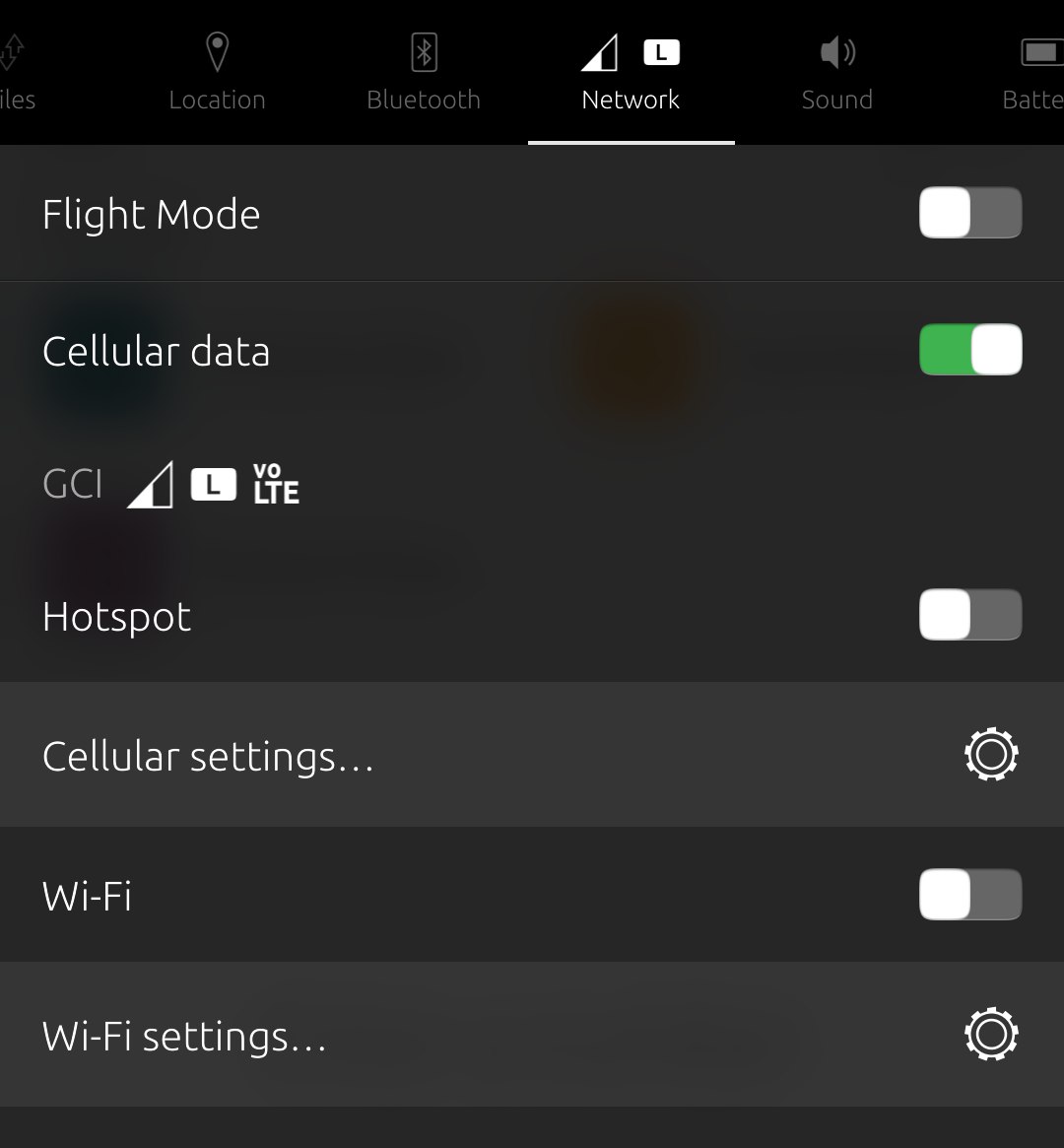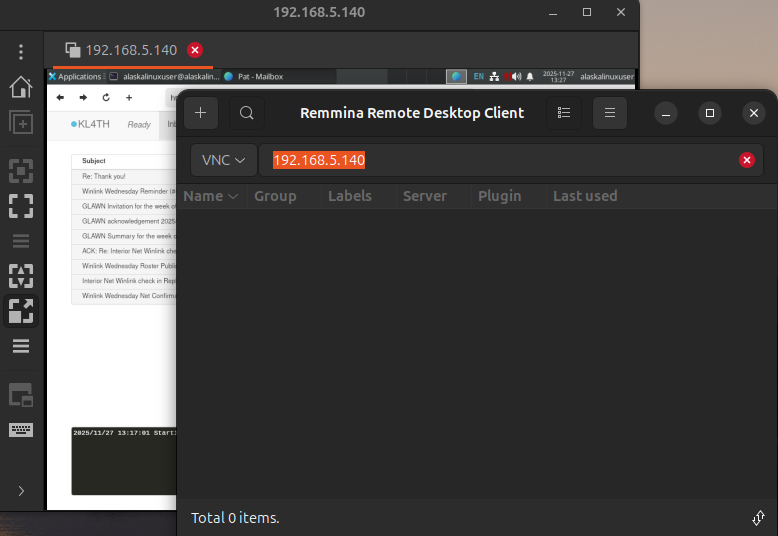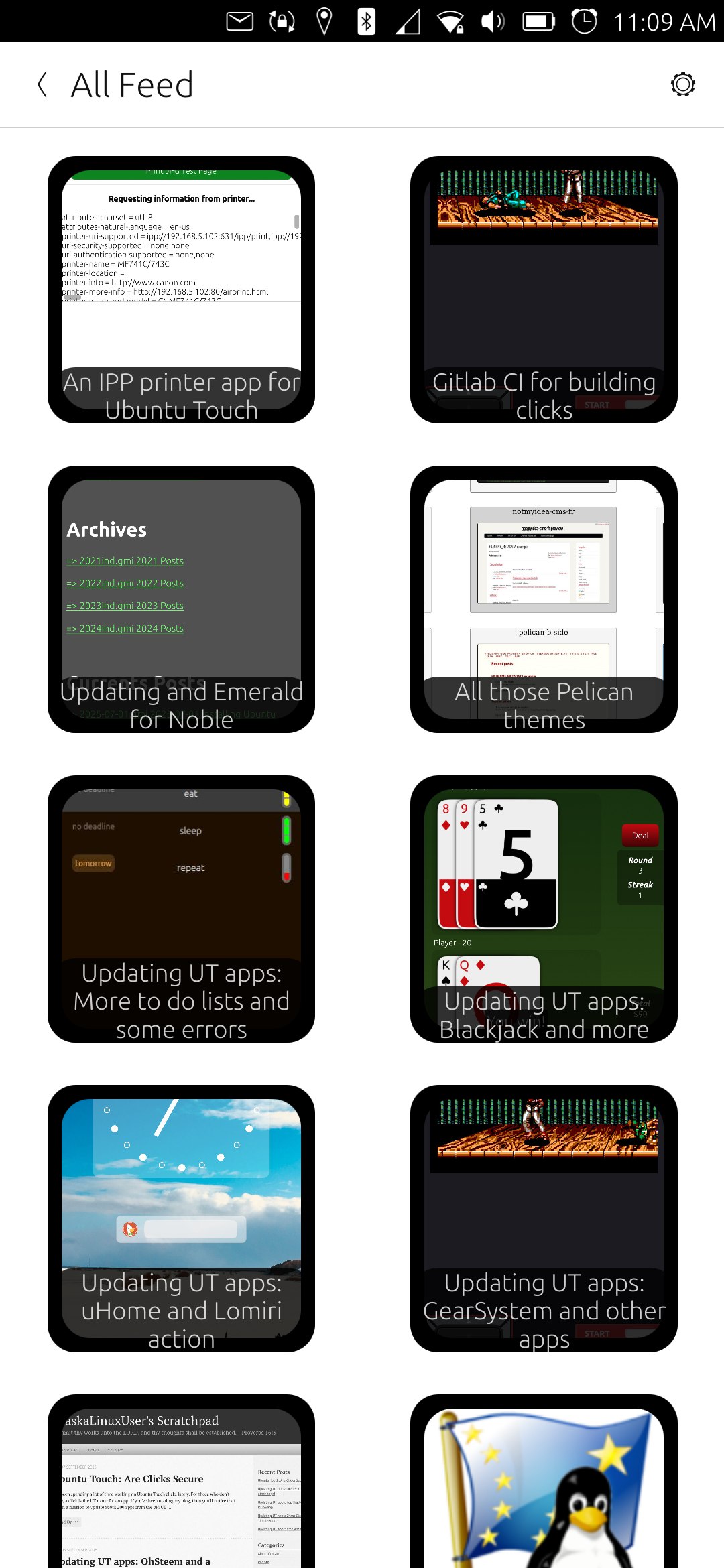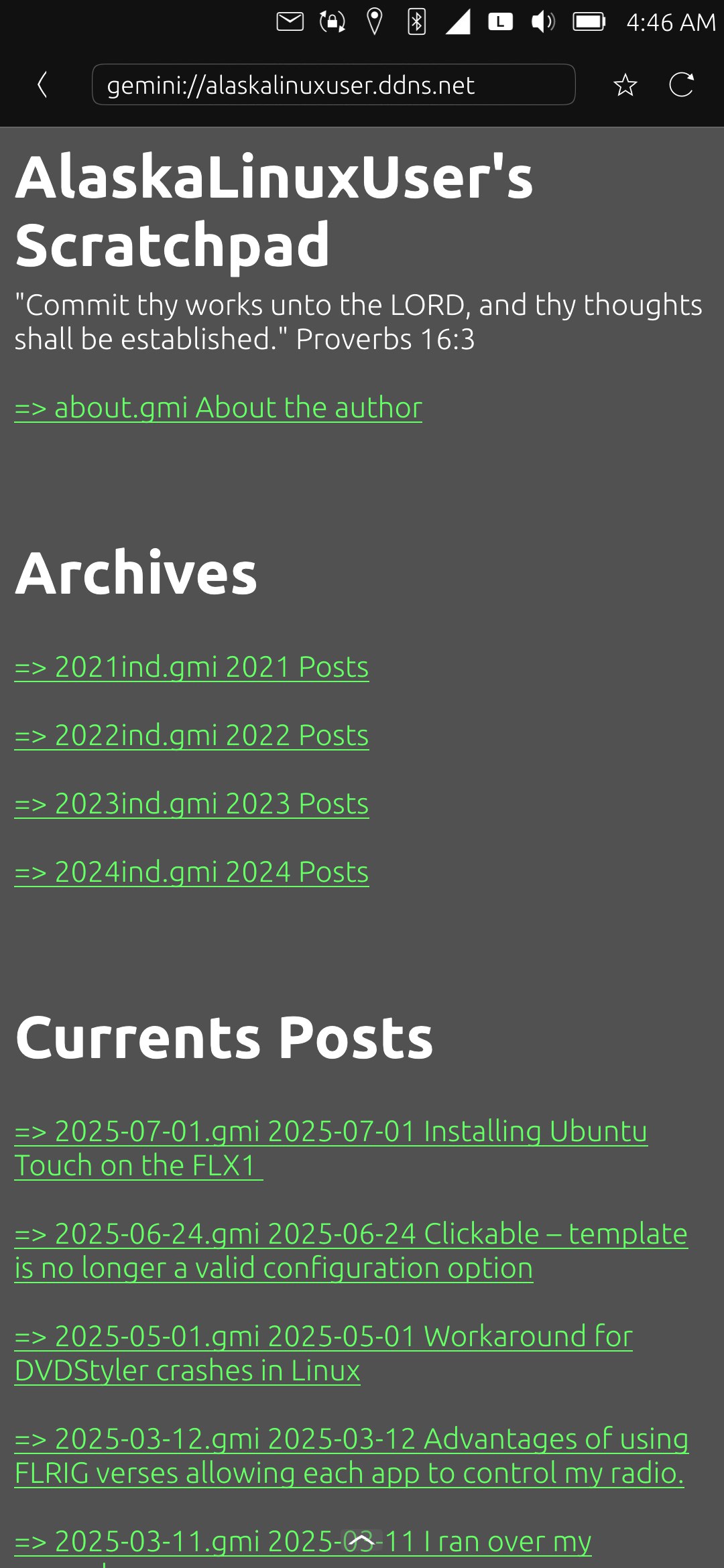
As I have been playing around with Gearsystem on Ubuntu Touch lately, I decided it was time to tackle a way to save the game. If you are unfamiliar, you can check out my previous posts about Gearsystem, but it is an emulator that was originally written by Ignacio Sanchez …








